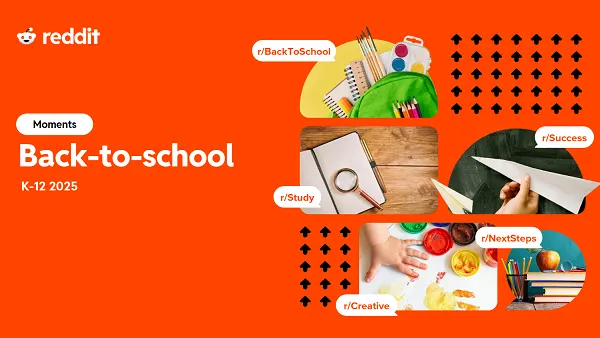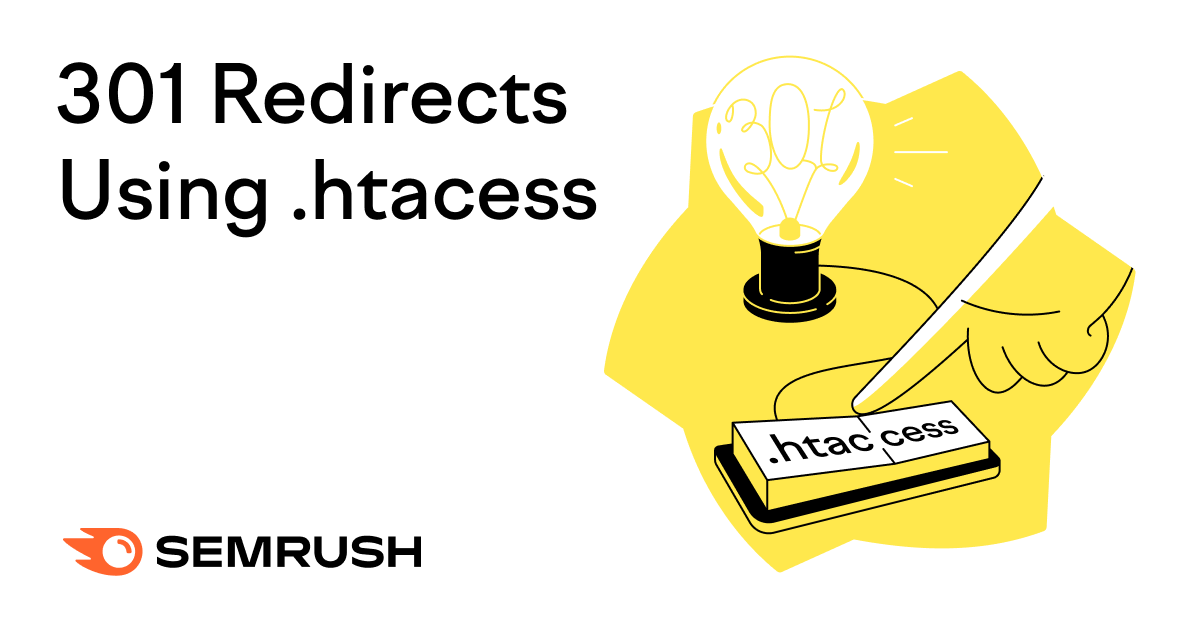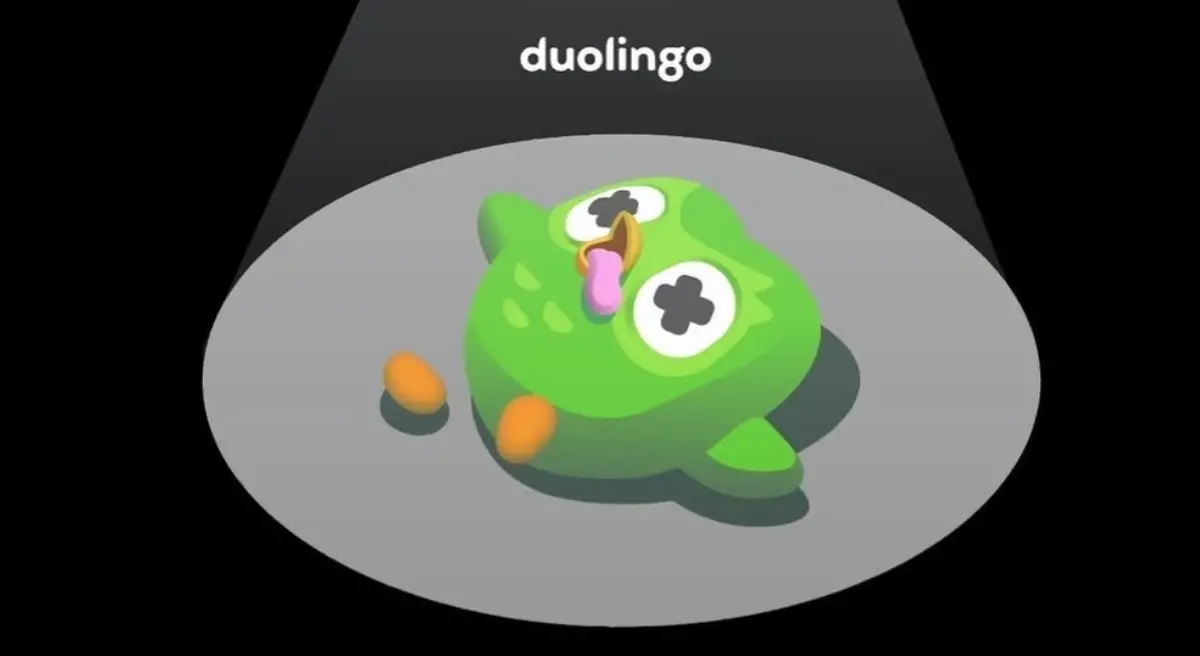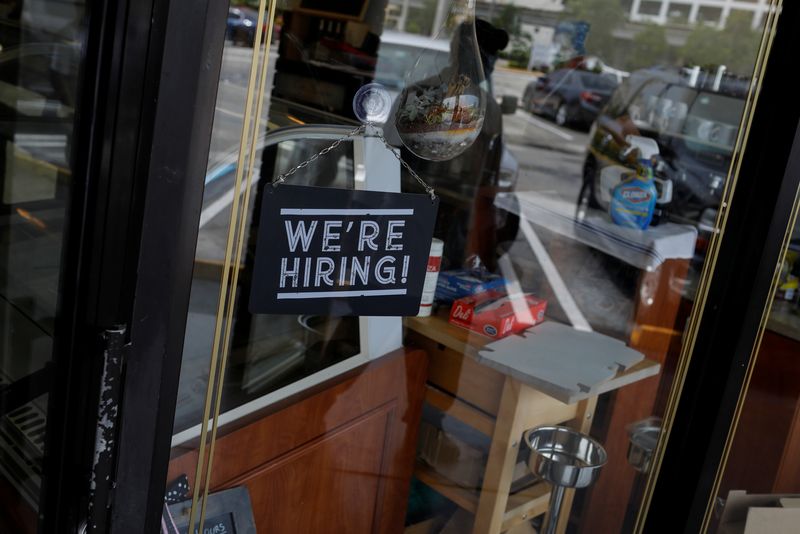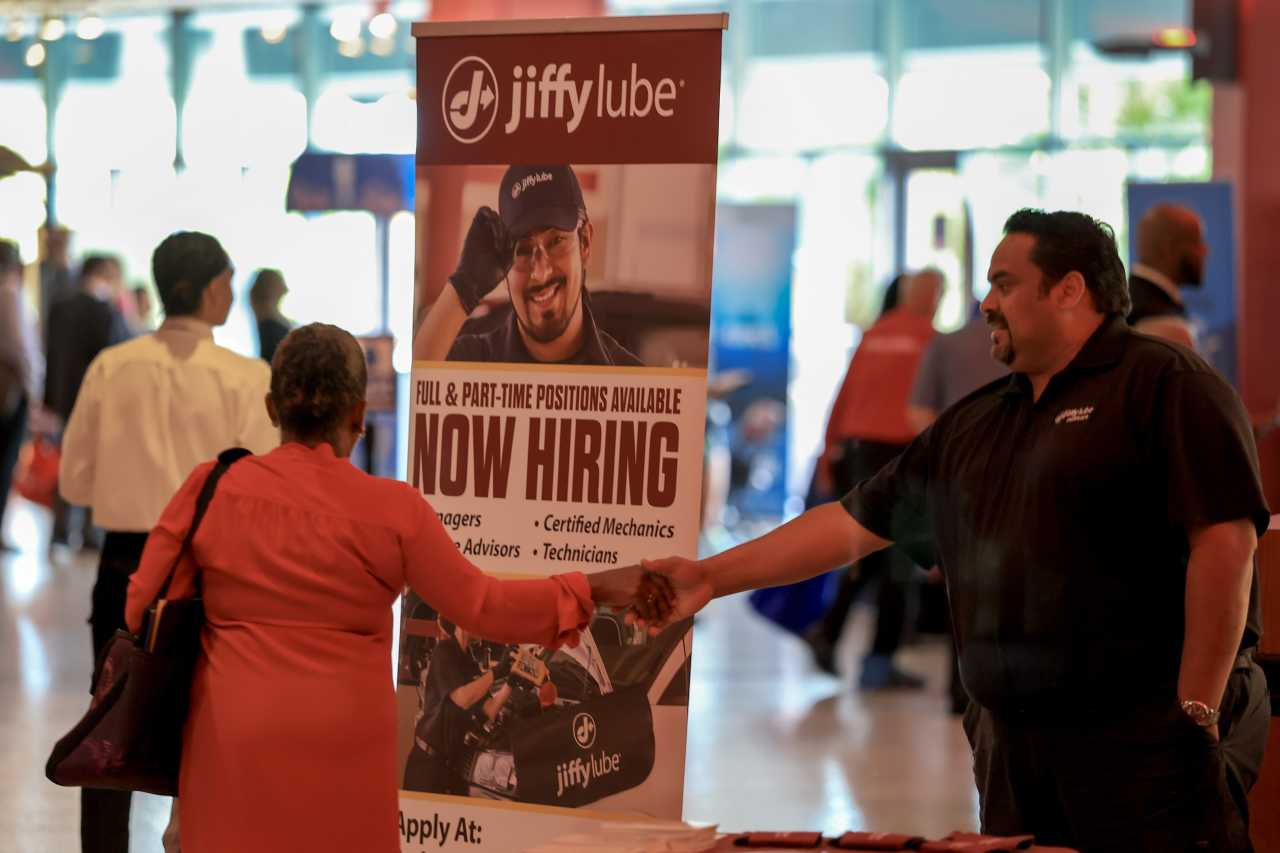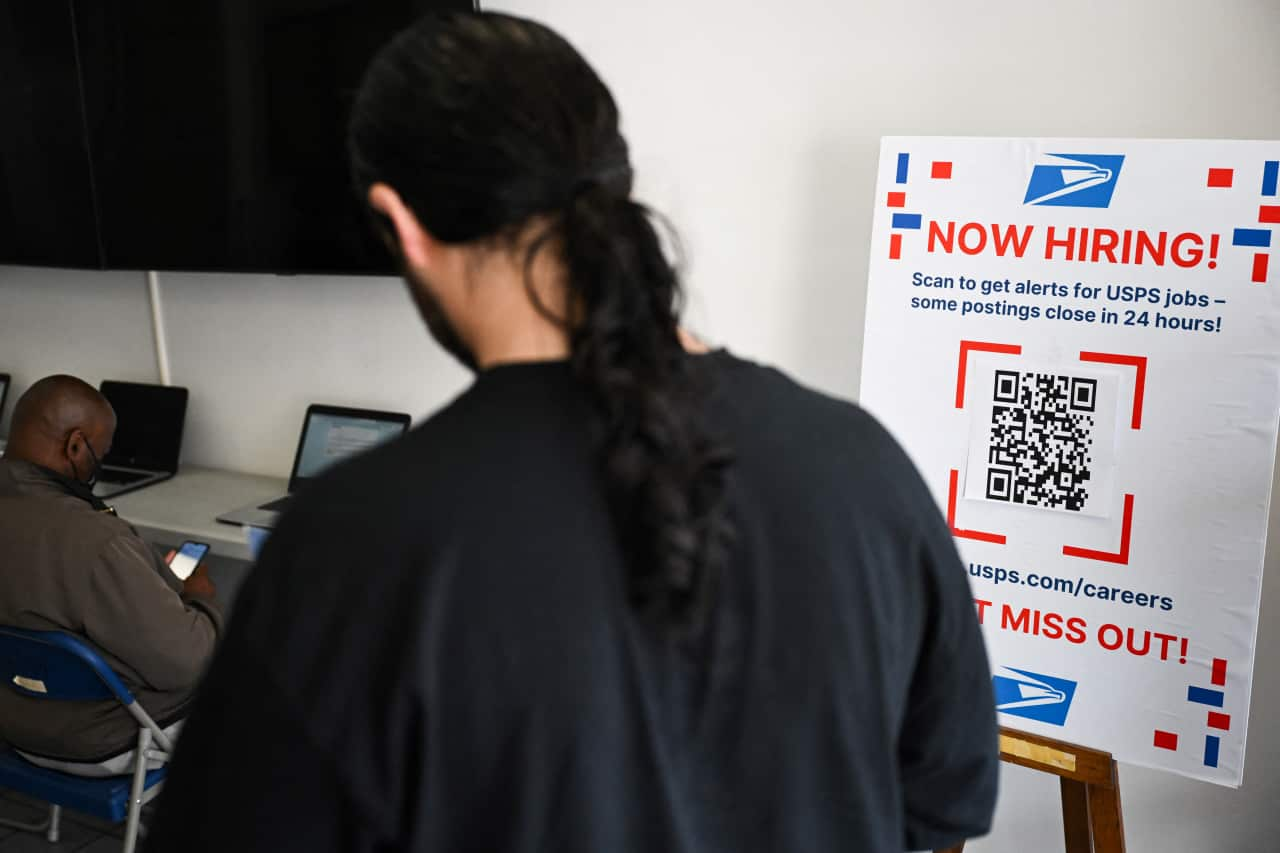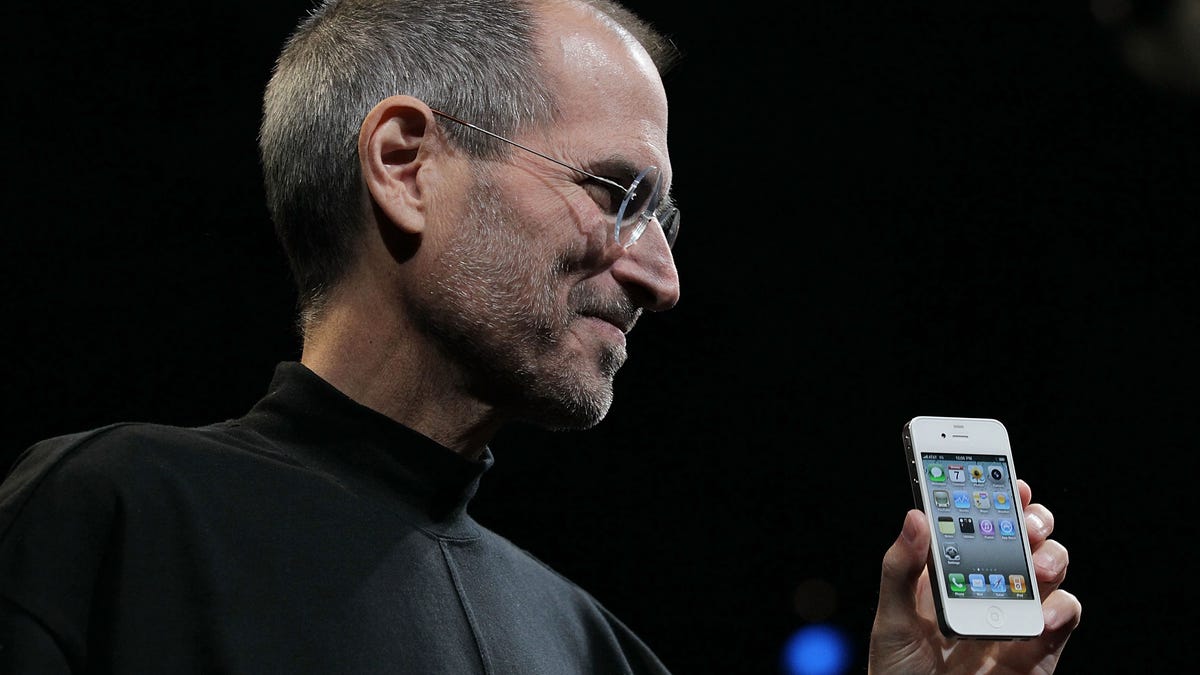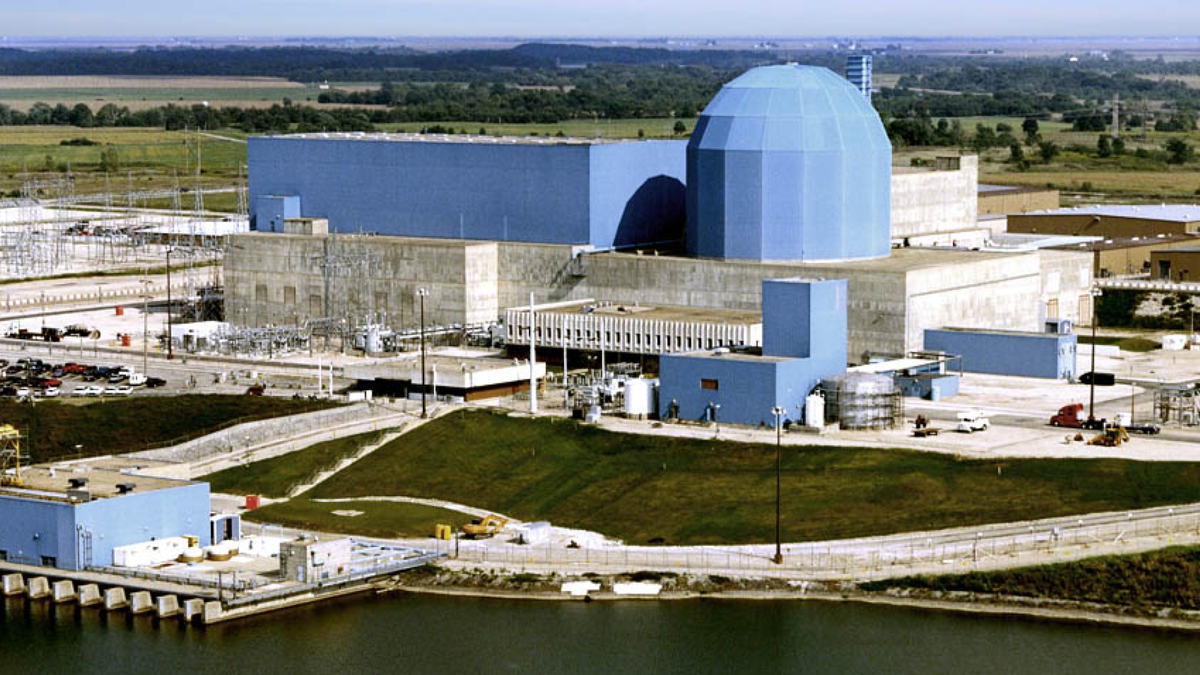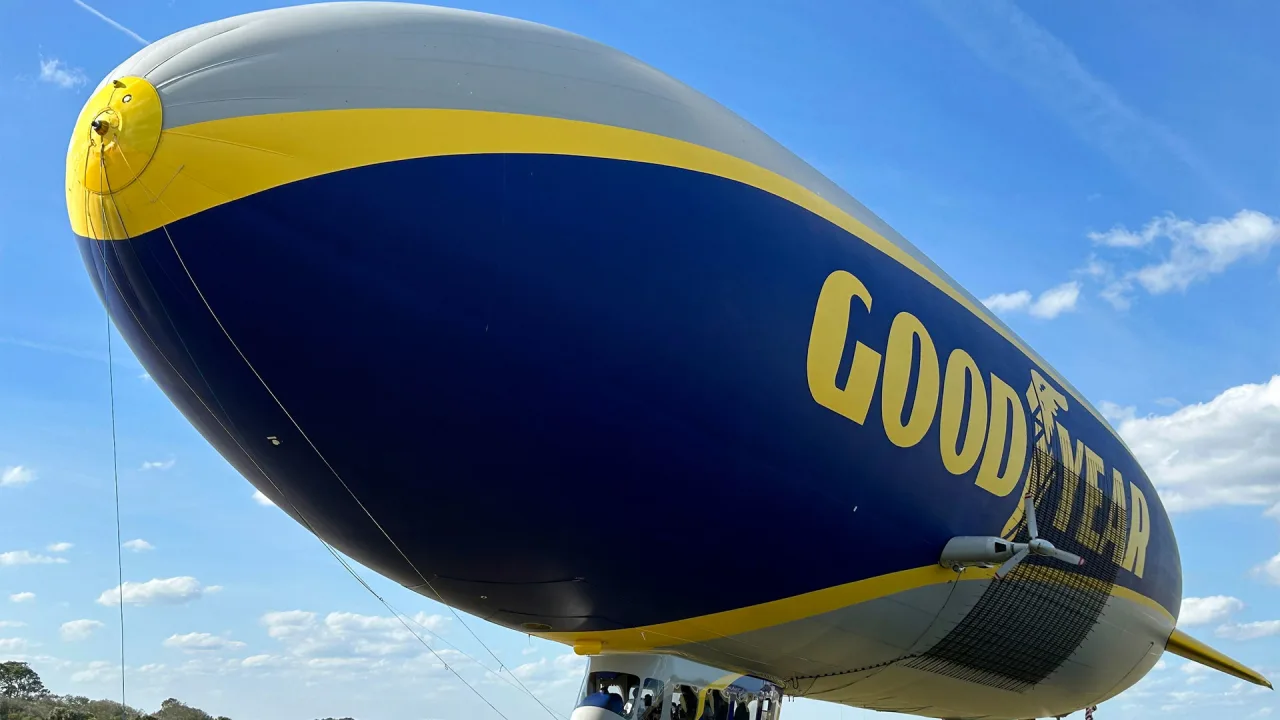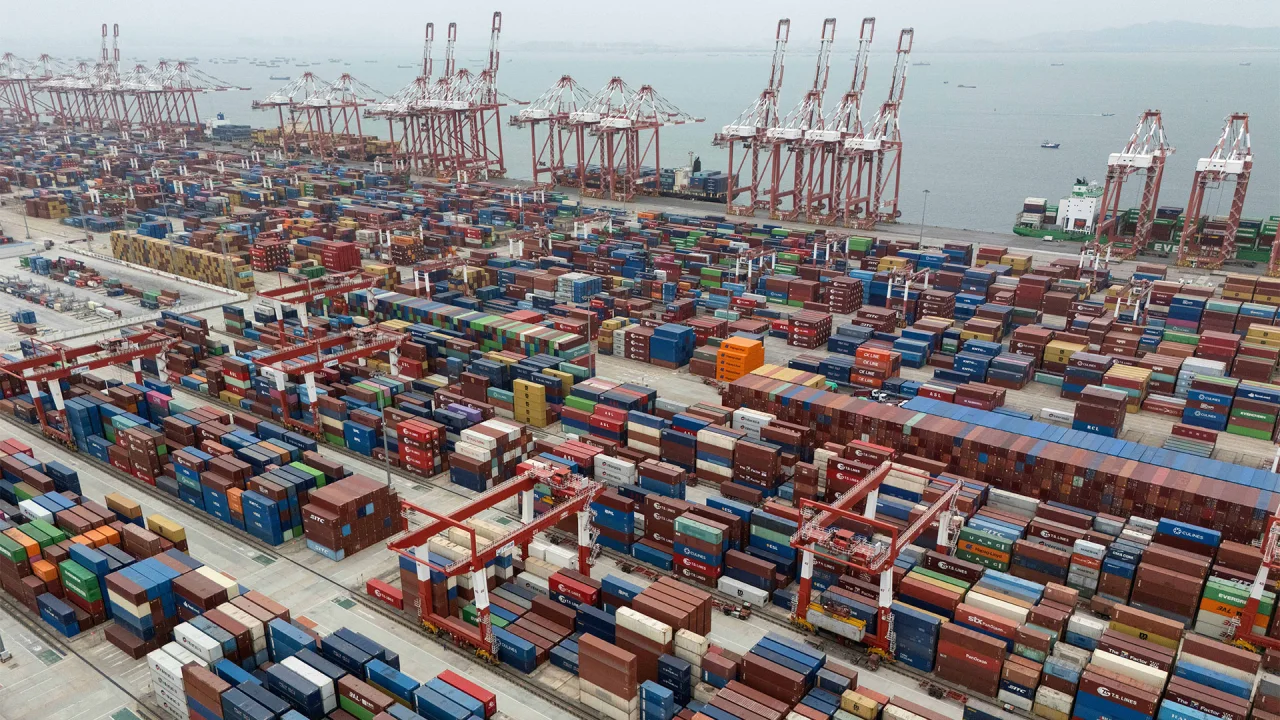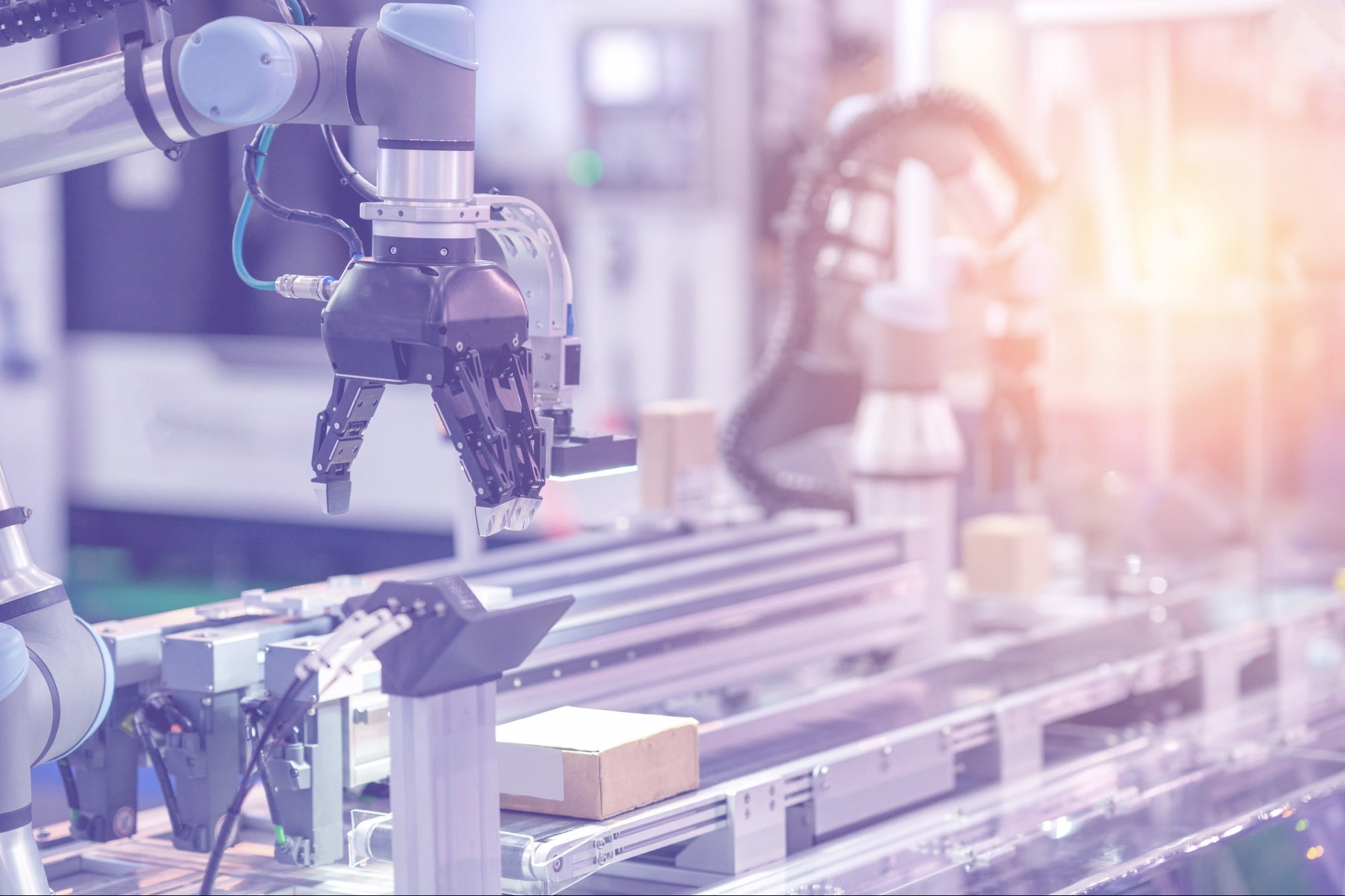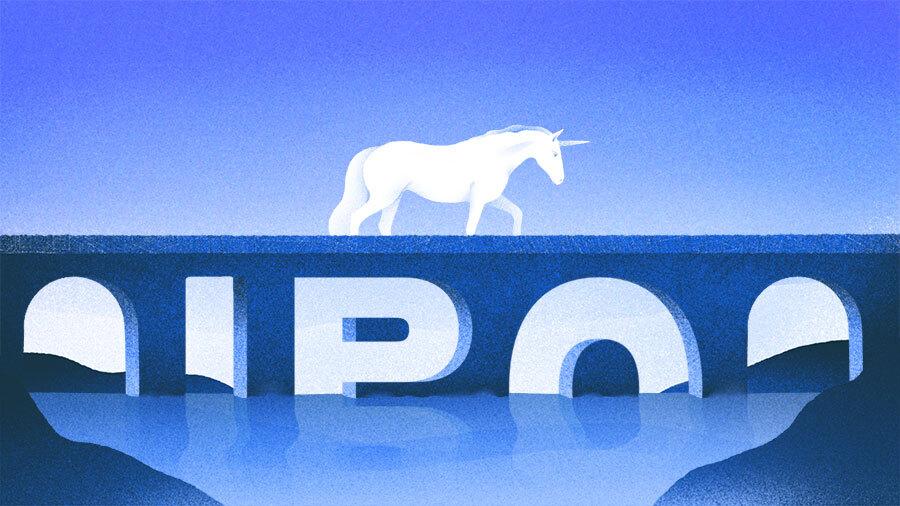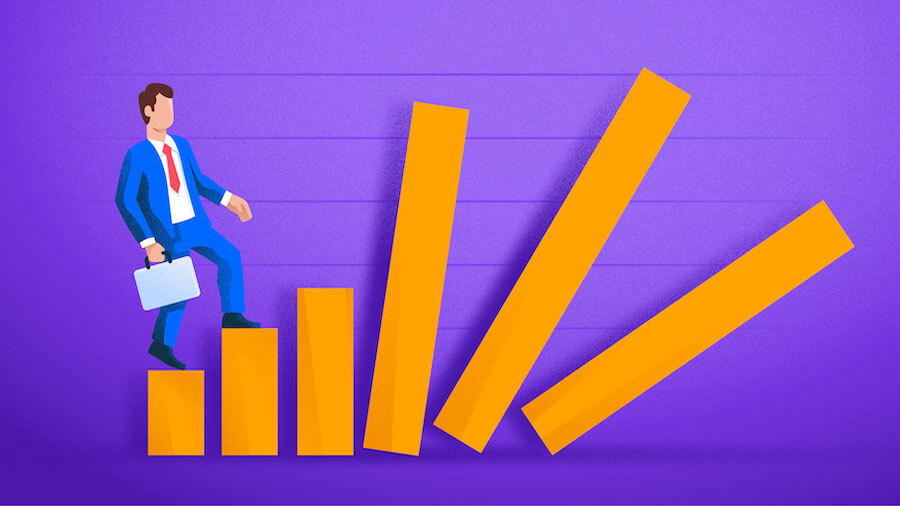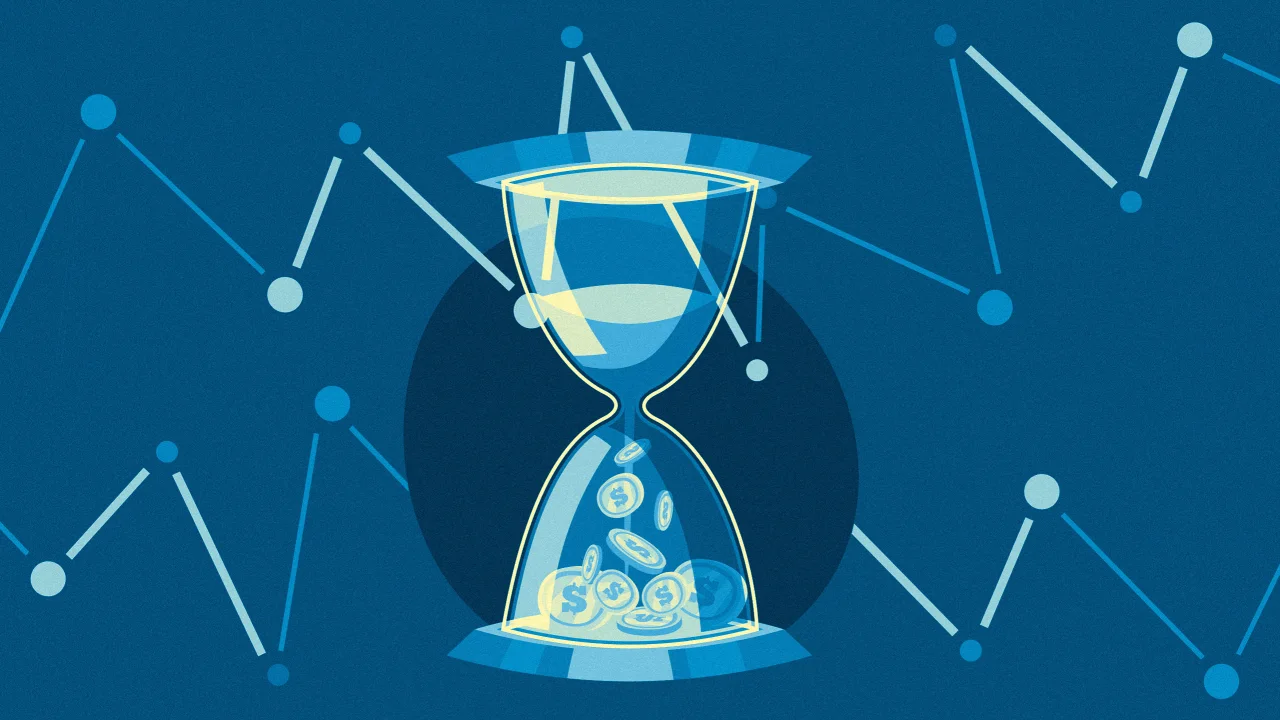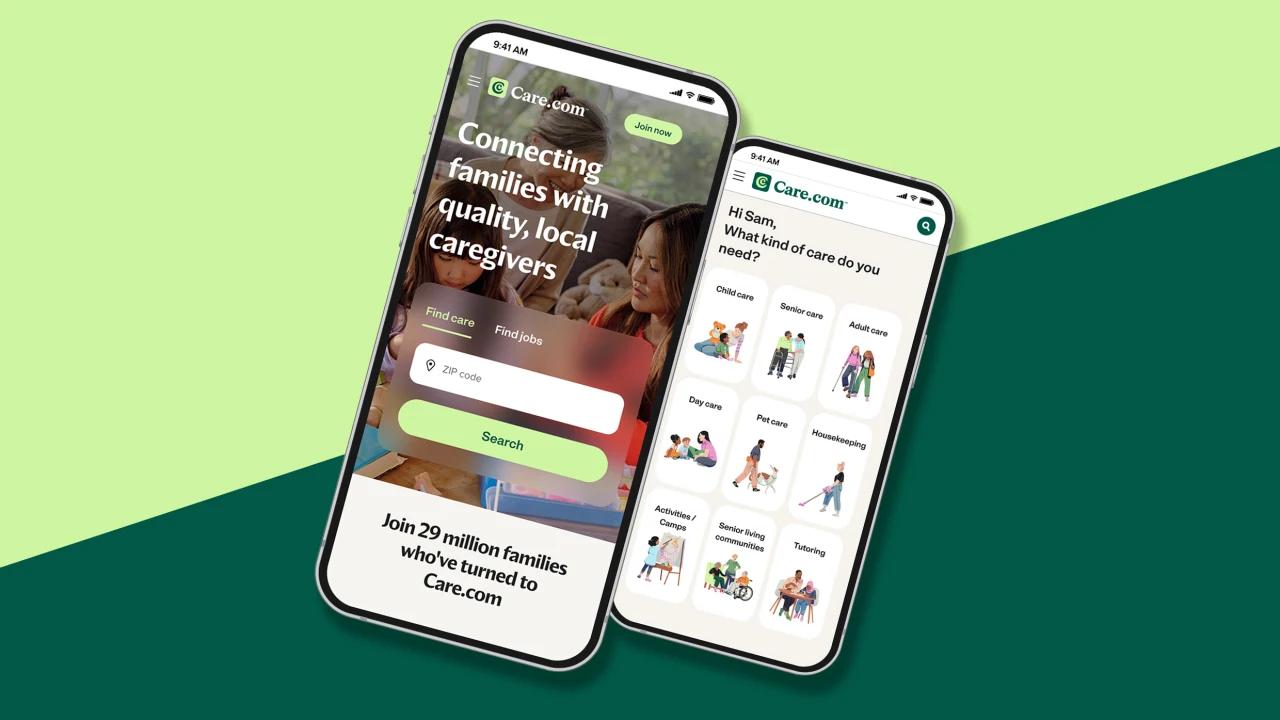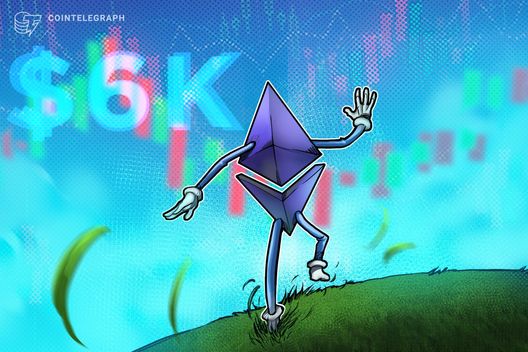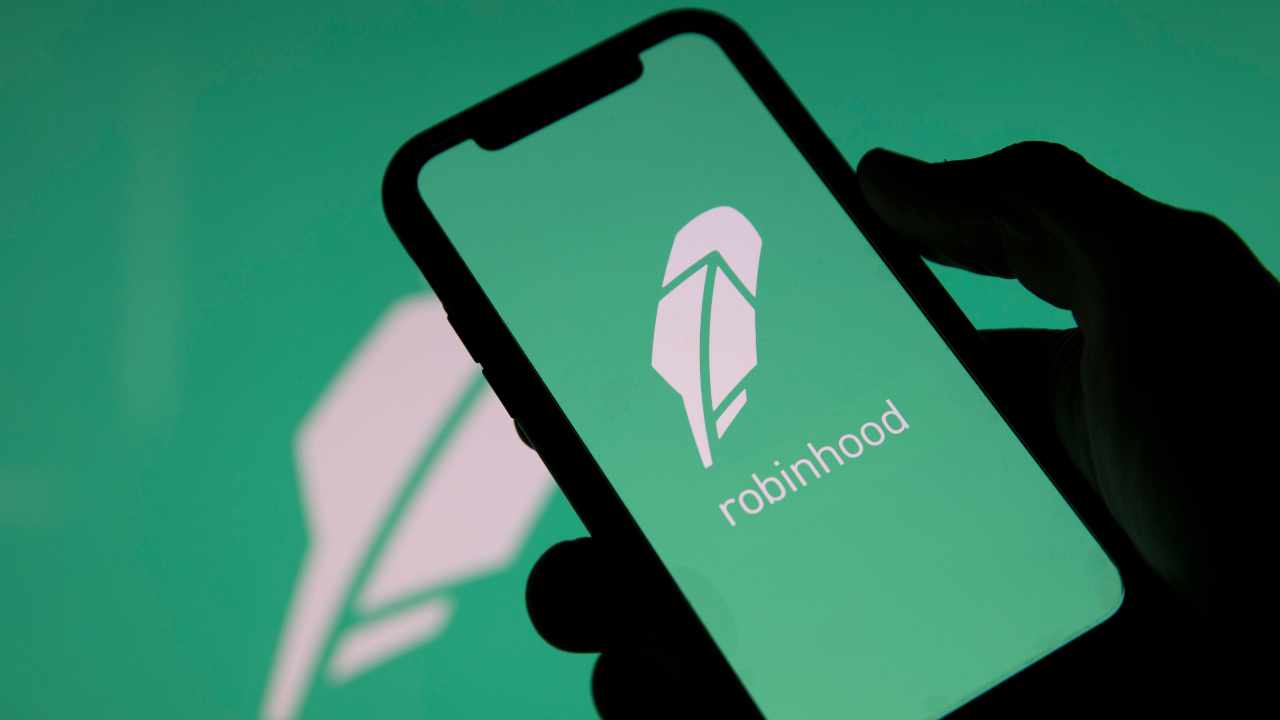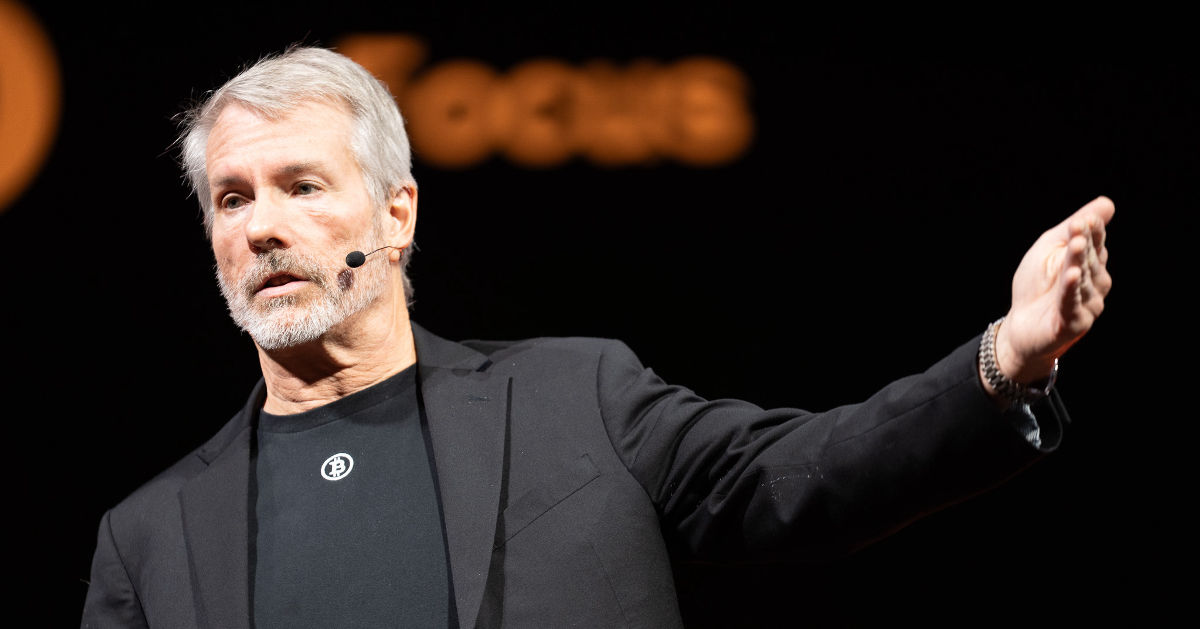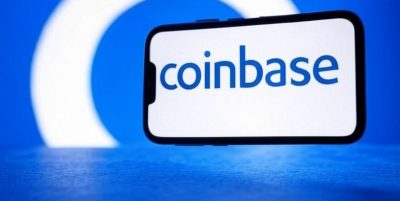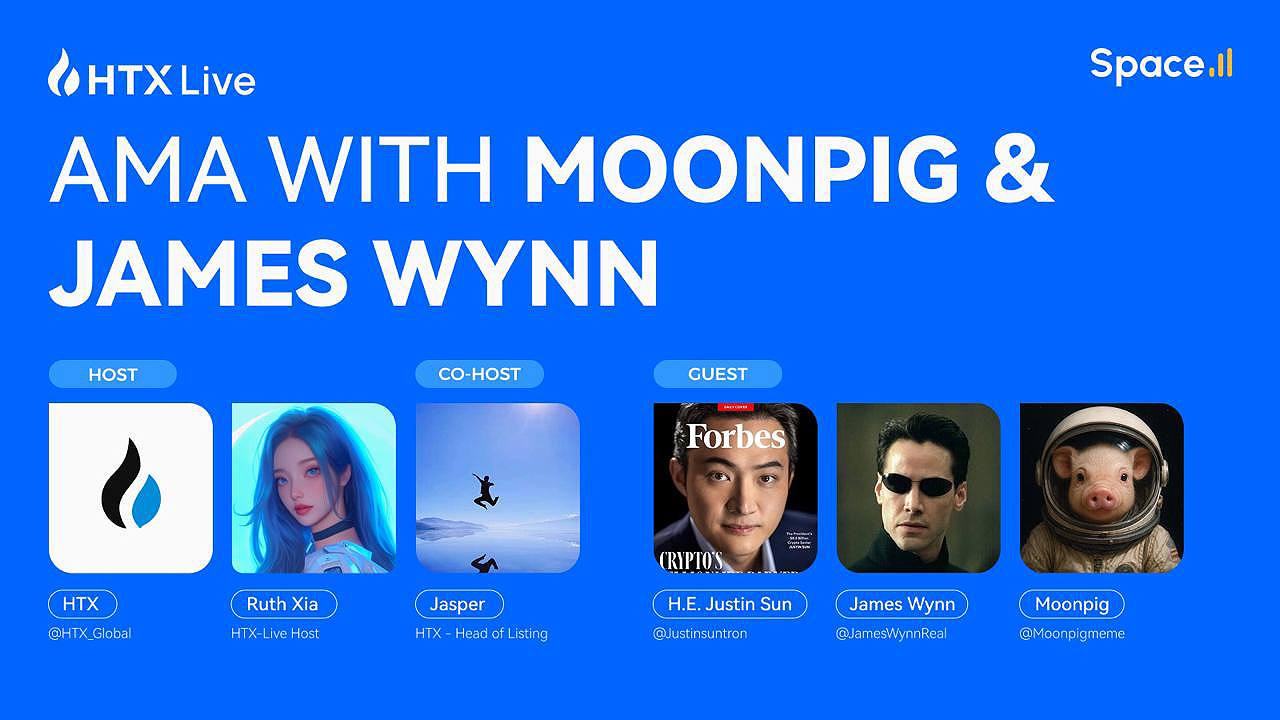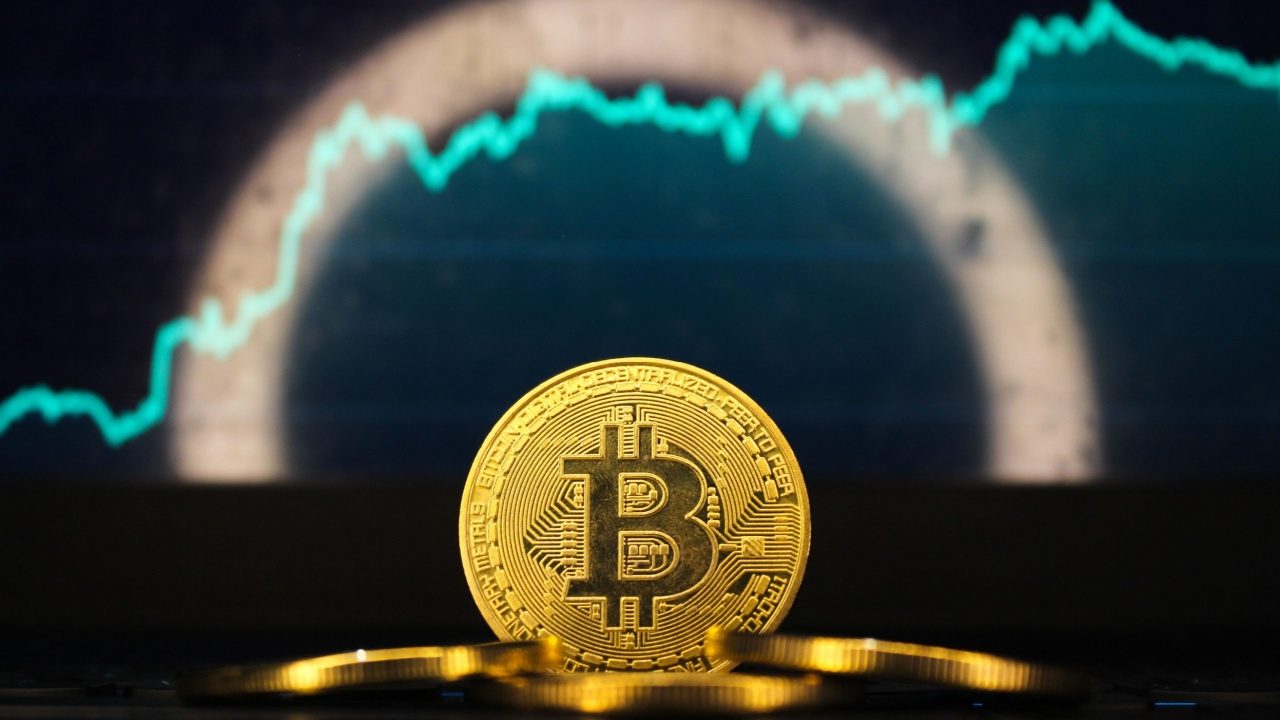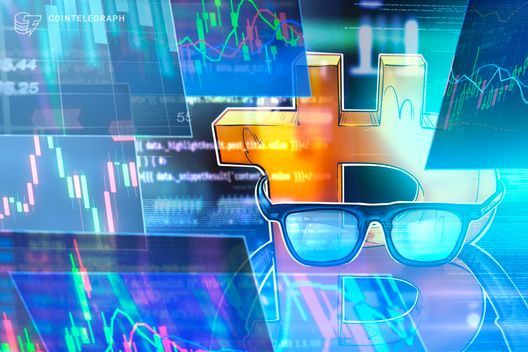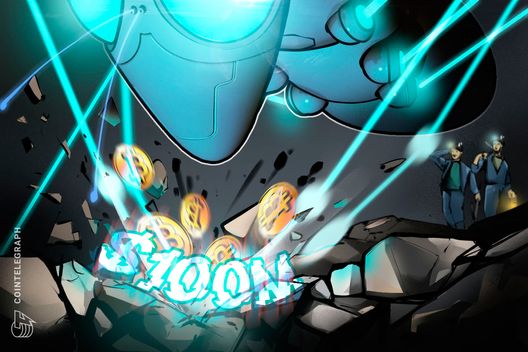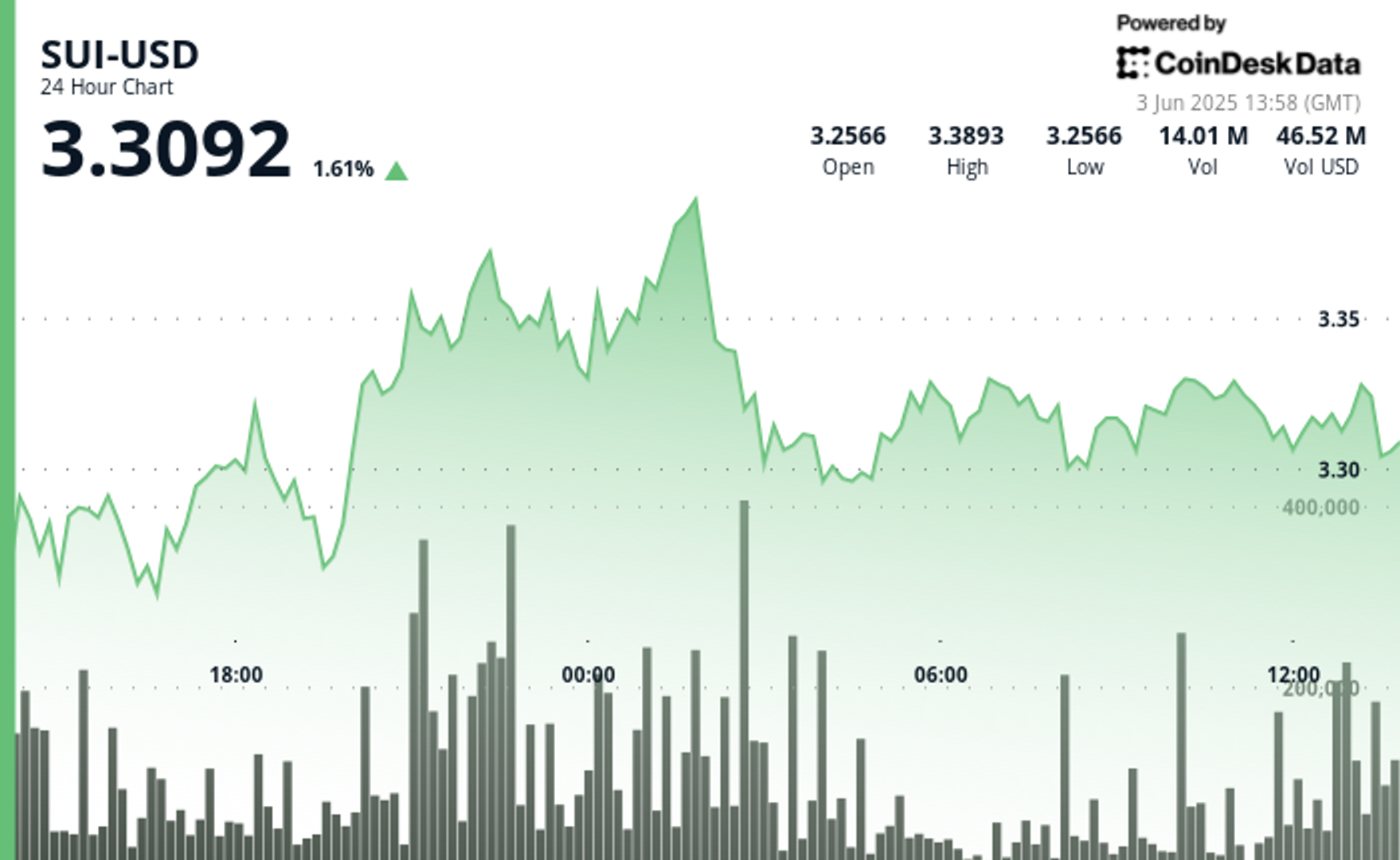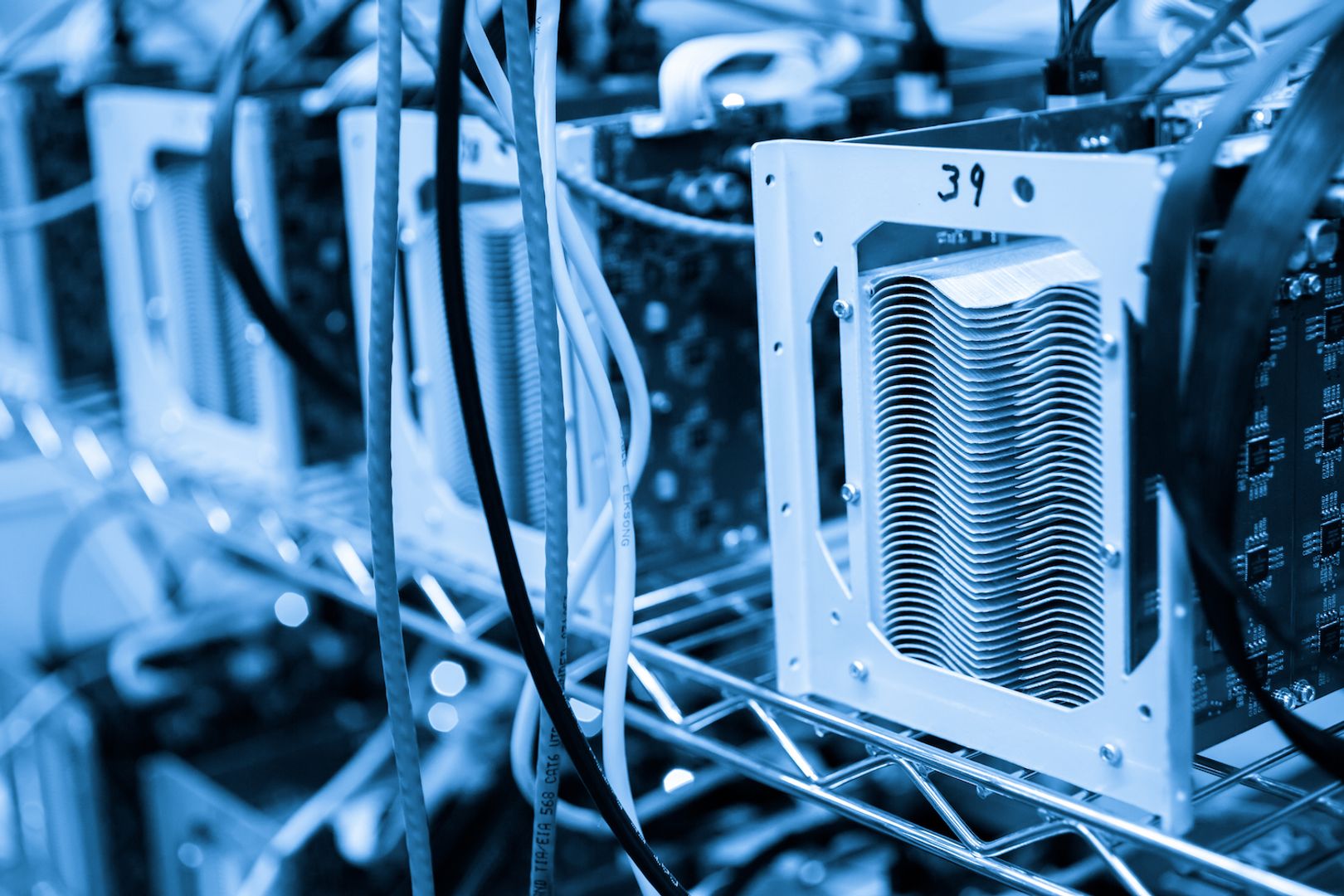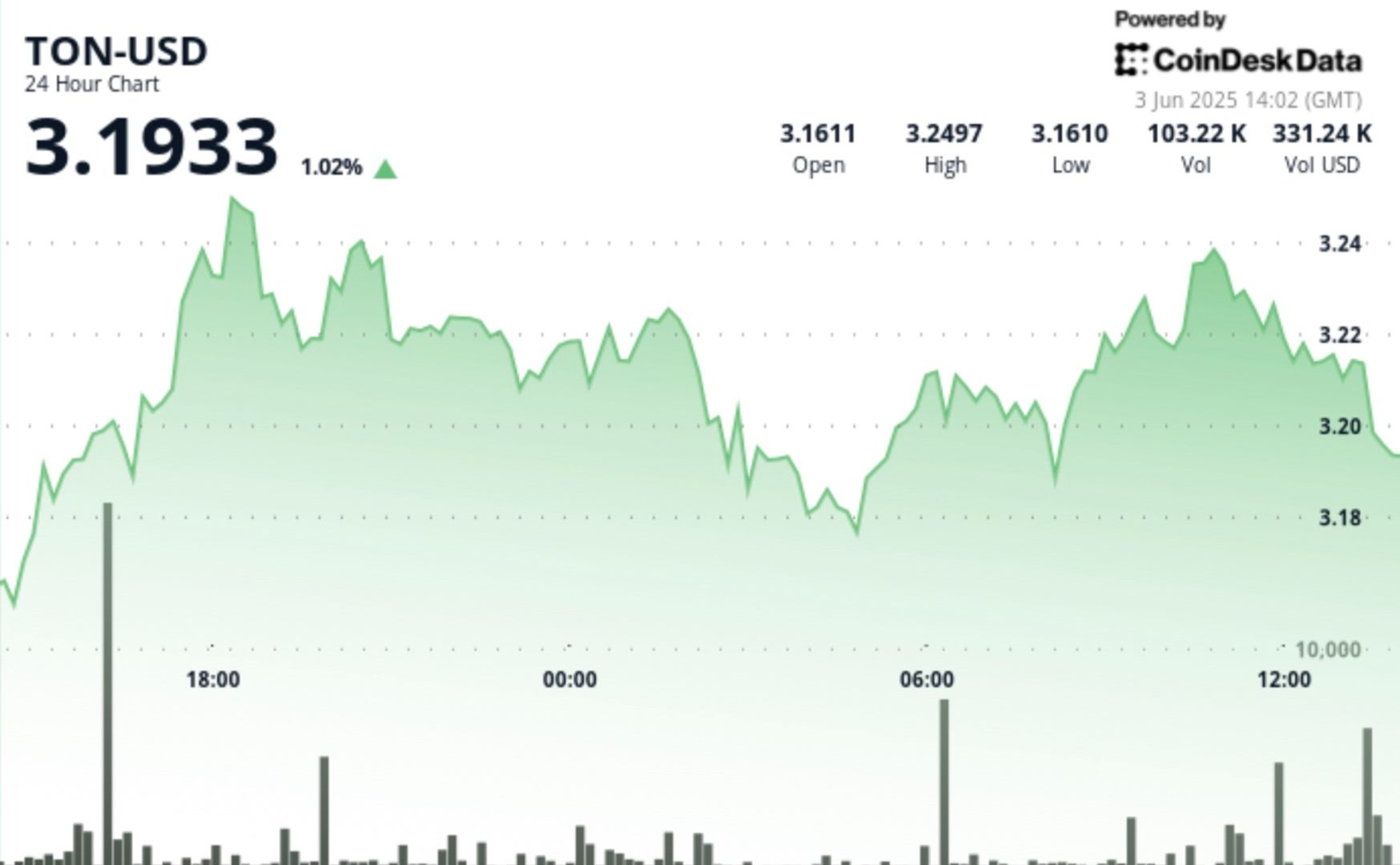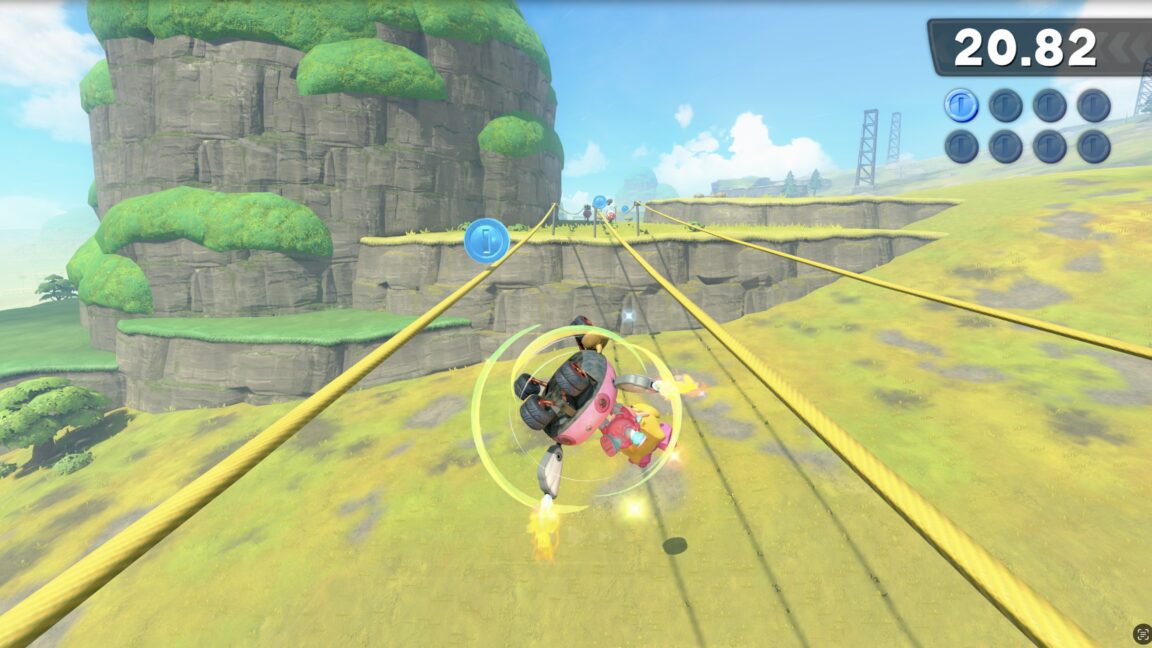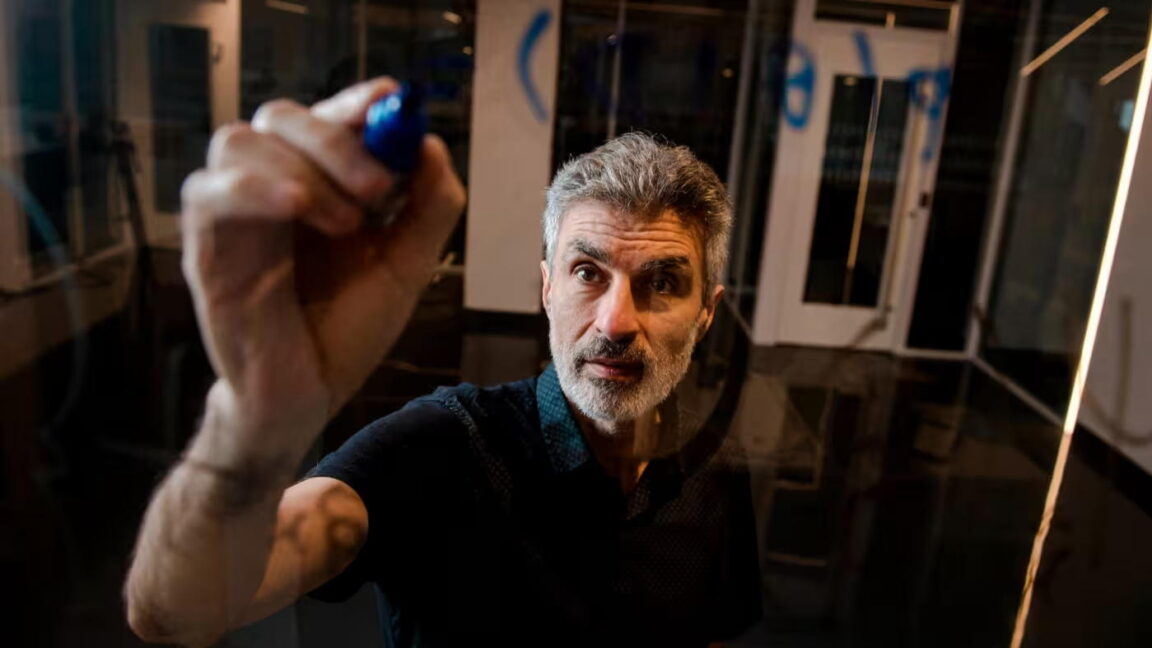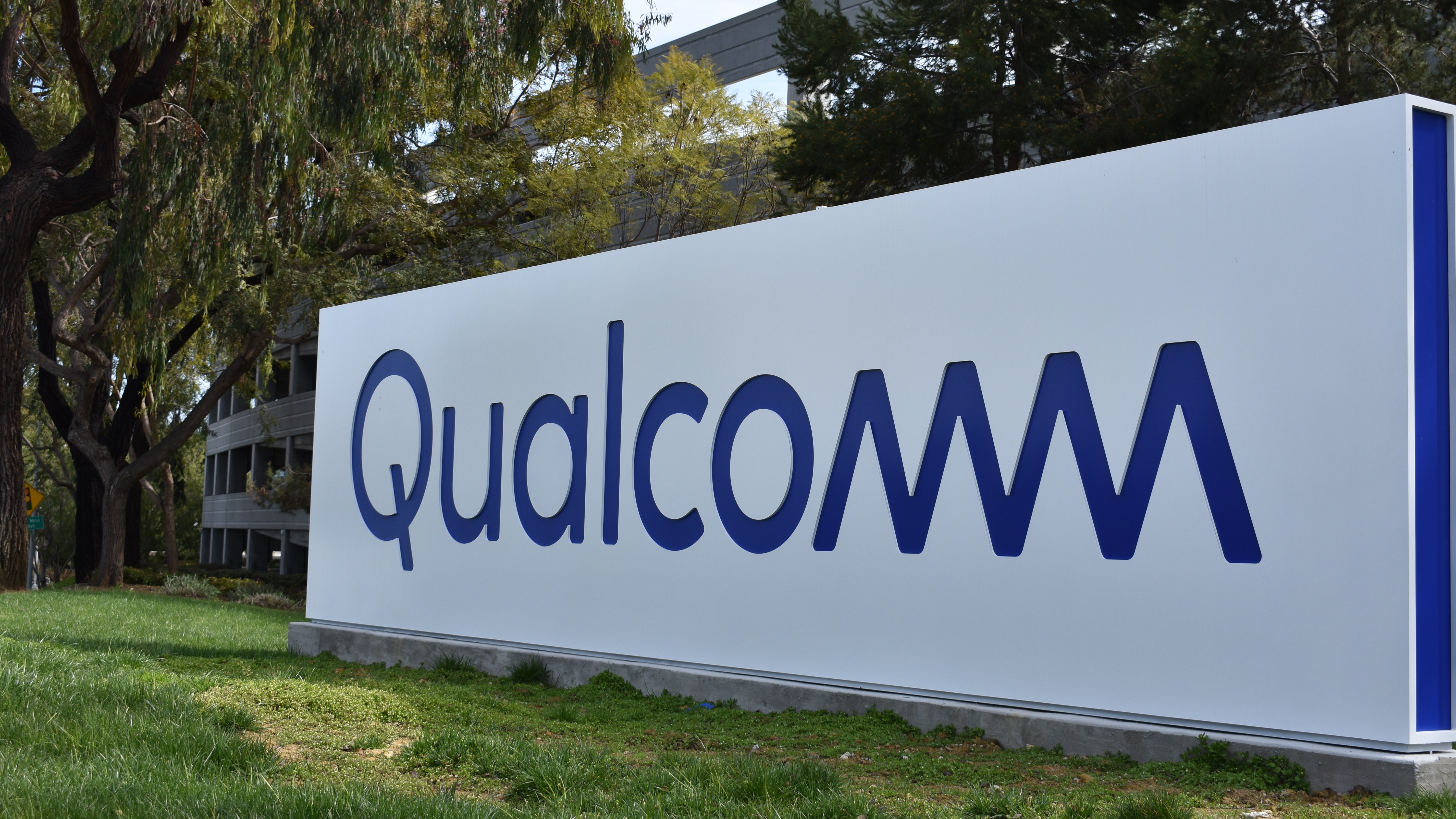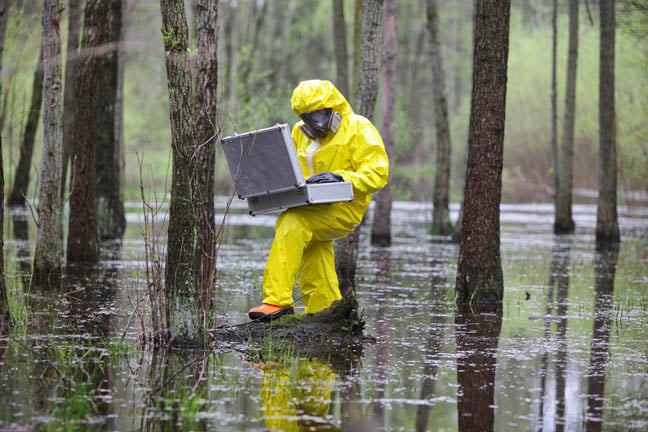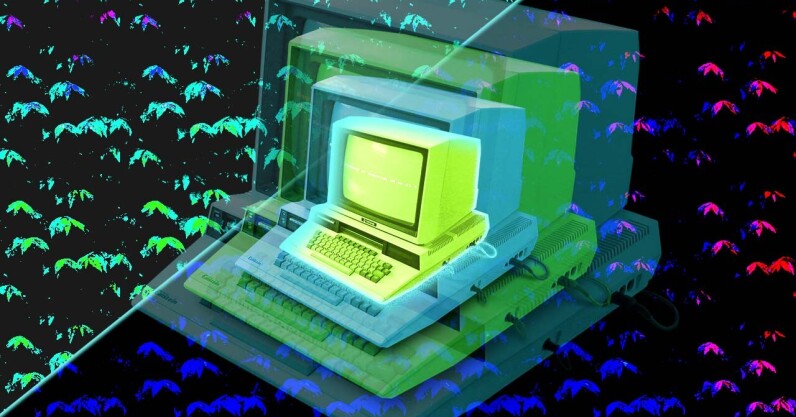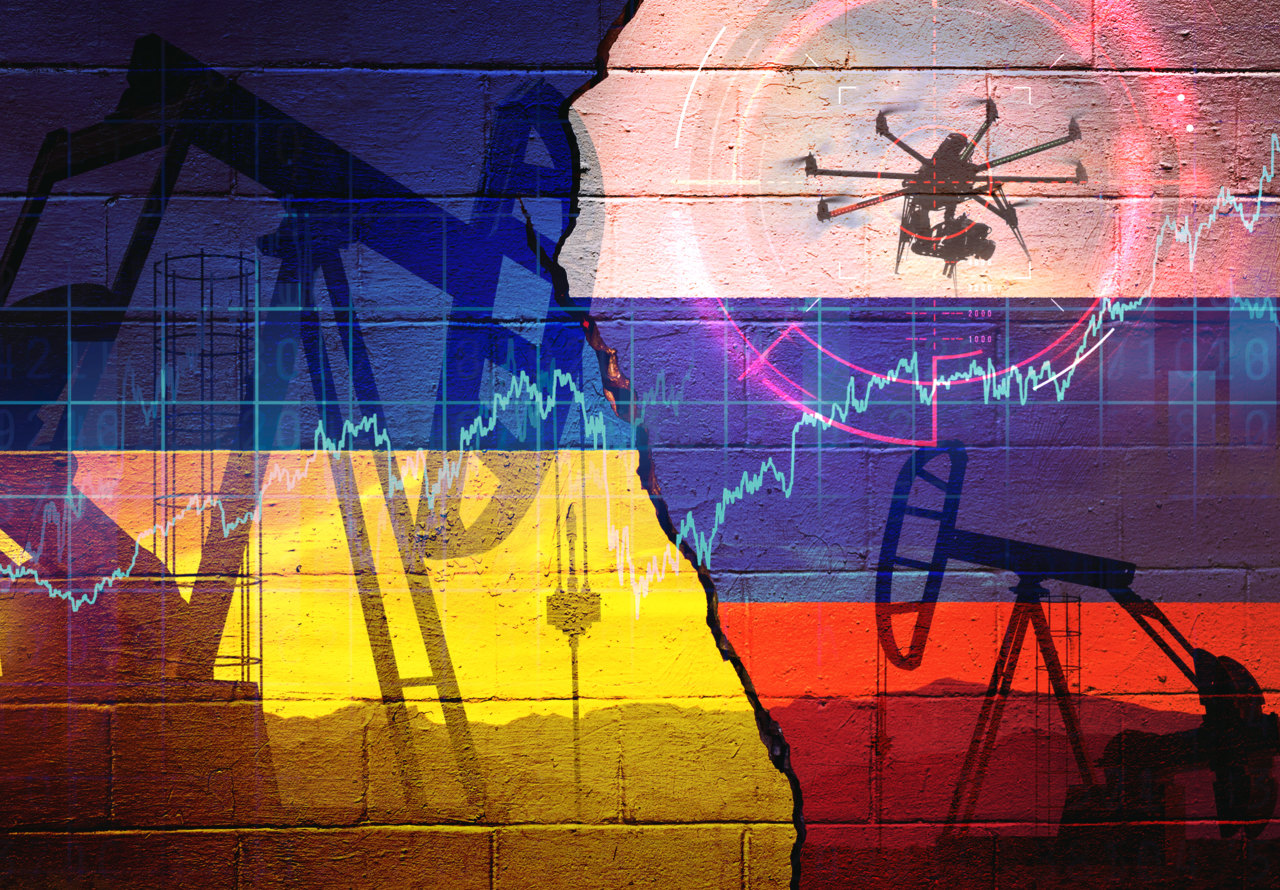Is the AI Job Apocalypse Already Here for Some Recent Grads?
"This month, millions of young people will graduate from college," reports the New York Times, "and look for work in industries that have little use for their skills, view them as expensive and expendable, and are rapidly phasing out their jobs in favor of artificial intelligence." That is the troubling conclusion of my conversations over the past several months with economists, corporate executives and young job seekers, many of whom pointed to an emerging crisis for entry-level workers that appears to be fueled, at least in part, by rapid advances in AI capabilities. You can see hints of this in the economic data. Unemployment for recent college graduates has jumped to an unusually high 5.8% in recent months, and the Federal Reserve Bank of New York recently warned that the employment situation for these workers had "deteriorated noticeably." Oxford Economics, a research firm that studies labor markets, found that unemployment for recent graduates was heavily concentrated in technical fields like finance and computer science, where AI has made faster gains. "There are signs that entry-level positions are being displaced by artificial intelligence at higher rates," the firm wrote in a recent report. But I'm convinced that what's showing up in the economic data is only the tip of the iceberg. In interview after interview, I'm hearing that firms are making rapid progress toward automating entry-level work and that AI companies are racing to build "virtual workers" that can replace junior employees at a fraction of the cost. Corporate attitudes toward automation are changing, too — some firms have encouraged managers to become "AI-first," testing whether a given task can be done by AI before hiring a human to do it. One tech executive recently told me his company had stopped hiring anything below an L5 software engineer — a midlevel title typically given to programmers with three to seven years of experience — because lower-level tasks could now be done by AI coding tools. Another told me that his startup now employed a single data scientist to do the kinds of tasks that required a team of 75 people at his previous company... "This is something I'm hearing about left and right," said Molly Kinder, a fellow at the Brookings Institution, a public policy think tank, who studies the impact of AI on workers. "Employers are saying, 'These tools are so good that I no longer need marketing analysts, finance analysts and research assistants.'" Using AI to automate white-collar jobs has been a dream among executives for years. (I heard them fantasizing about it in Davos back in 2019.) But until recently, the technology simply wasn't good enough... Read more of this story at Slashdot.

Read more of this story at Slashdot.





